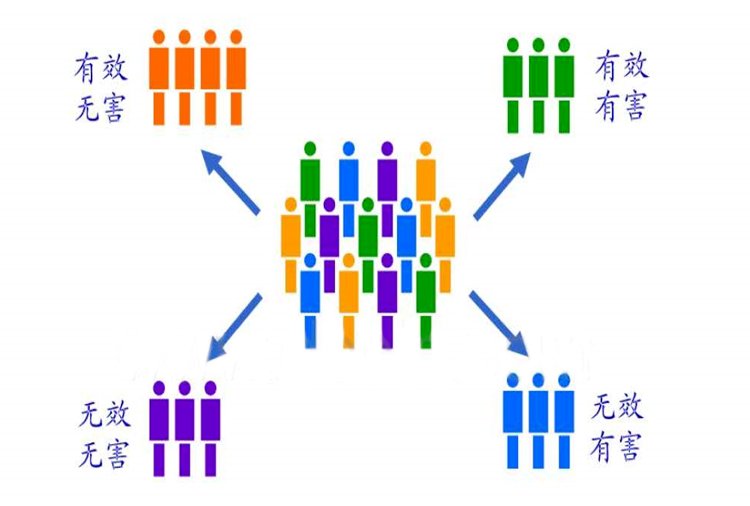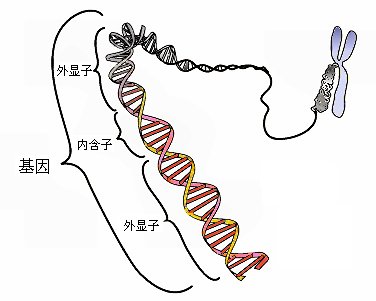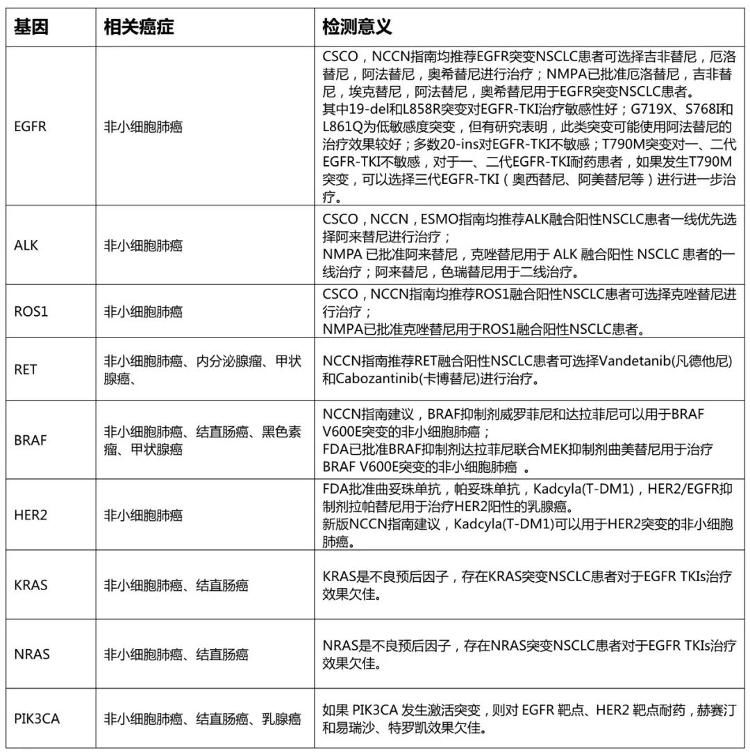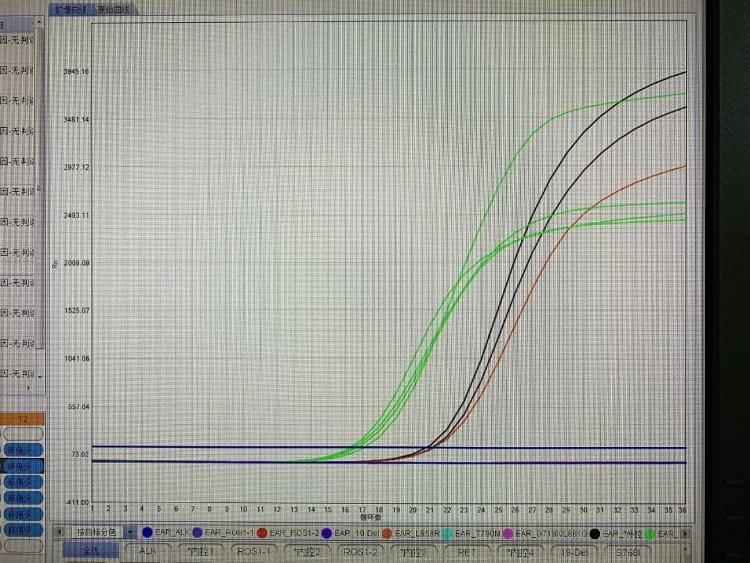Recently, the patient, Aunt Li, was admitted to the Department of Respiratory and Critical Care Medicine, Weifang Second People’s Hospital due to chest tightness. After CT examination, pleural effusion on the right side and lumpy shadows in the lungs were found; after pathological examination, cancer cells were found, Diagnosed with lung adenocarcinoma. After communicating with the family members for gene sequencing testing, the result was a mutation of the EGFR gene L858R, and targeted drug therapy was immediately carried out. The patient is currently recovering well.
The morbidity and mortality of lung cancer ranks first among malignant tumors, among which non-small cell lung cancer is the most common. At present, the treatment of lung cancer has developed from the stereotyped traditional treatment to the era of “tailor-made” “precision medicine-targeted therapy”.
1. What is targeted therapy?
Targeted therapy is to design corresponding therapeutic drugs at the cellular and molecular level, aiming at the already defined carcinogenic sites. The drugs enter the body and will specifically select the carcinogenic sites to combine and act, which can be highly selective. Molecular targeted therapy is also known as “biological missiles” because it kills tumor cells sexually and does little damage to normal cells. Targeted therapy has much less toxic and side effects, high efficacy, and rapid onset of action. It can quickly relieve symptoms caused by tumors, improve the quality of life of patients, and significantly improve the survival rate within a certain period of time. While traditional chemotherapy often kills cancer cells, it also damages normal cells, and the toxic reactions are also great, such as bone marrow suppression, vomiting, hair loss, liver and kidney damage, etc., and the overall prognosis is poor.
2. Why do we need genetic testing?
Genes are the genetic material of living organisms, and tumors are a type of highly heterogeneous disease. That is to say, even if they suffer from the same tumor, different patients need different treatments according to their actual conditions. Program. Therefore, not every patient is suitable for targeted drugs. Only after genetic testing to evaluate the efficacy or resistance of targeted drugs to patients, patients with suitable site mutations can benefit from targeted therapy. Therefore, genetic testing of lung cancer patients, clear genotyping of patients, and a rapid and comprehensive understanding of the targetable gene status of patients are important prerequisites for the use of targeted drugs.

3. Are the more genes tested, the better?
The answer is no. There are too many types of gene mutations, and it is currently impossible to determine whether most gene mutations are related to tumors. Most of the gene mutations that are clearly related to tumors have no targeted drugs on the market. Because the targeted drugs currently on the market are relatively fixed, and the efficacy/resistance target genes of each targeted drug are relatively fixed. After the number of genes covers enough target genes, increasing the number of genes may not provide more targeted drug guidance. However, with the country’s investment in drug research and development, more and more effective drugs will be put into use in the future. Generation after generation of targeted drugs is our hope to conquer cancer.

4. What genetic testing programs does Weifang Second People’s Hospital carry out?
Currently, the lung cancer gene testing project carried out by the Pathology Department of Weifang Second People’s Hospital covers ten genes of EGFR, ALK, ROS1, RET, KRAS, NRAS, PIK3CA, BRAF, HER2 and MET, which can meet the needs of different patients. single or multiple joint tests are required. In the near future, we will continue to carry out genetic testing for colorectal cancer, breast cancer, thyroid cancer and other tumors.

5. Is the genetic test reliable? Are there any errors?
The objective existence of tumor tissue heterogeneity makes it impossible for any biological detection method to achieve 100% accuracy. However, the gene detection methods recommended in the current international and domestic consensus have been verified by a large number of experimental data and clinical evaluation, and can well represent the gene status of tumors. The results are available using testing reagents certified and approved by the State Food and Drug Administration.
Cancer was once an incurable disease. However, with the continuous updating of anti-cancer methods, especially the emergence of new-generation therapeutic methods such as molecularly targeted drugs, the day when mankind will fully defeat cancer will no longer be out of reach.

Department Introduction
The Pathology Department of Weifang Second People’s Hospital is a collection of cytopathology, histopathology It is a comprehensive medical and technical department integrating molecular pathological testing, and has obtained the national-level inter-laboratory quality assessment certificate for immunohistochemistry, and the national and provincial EGFR gene mutation detection inter-laboratory quality assessment certificate.
The department now has advanced cryostat, automatic tissue dehydrator, paraffin microtome, Olympus five-person microscope, automatic staining machine, automatic immunohistochemical machine, PCR machine , digital slice scanners and other advanced equipment.
Main business areas: routine pathological examination, rapid frozen section examination, cytology examination, immunohistochemical staining examination, lung cancer gene detection, special staining and enzyme histochemical staining, molecular pathological examination, PD-L1 detection At the same time, the department is equipped with a high-definition and rapid digital slice scanning remote consultation system, which consults with pathology experts from major hospitals in Beijing, Shanghai, Guangzhou and other major hospitals across the country, and timely provides high-level domestic expert opinions for clinical practice. In recent years, the department has continued to grow and has won the second prize of the Weifang City Pathology Technology Skills Competition Group and the Weifang City Pathology Diagnosis Skills Competition Excellence Award; 4 scientific research projects have won the provincial and municipal science and technology progress awards, and dozens of academic papers above the provincial level have been published. .